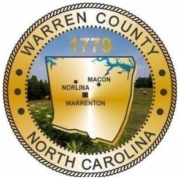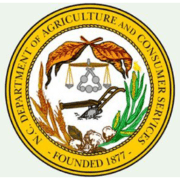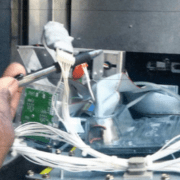Warren County Getting Slice Of $17.5M Grant To Establish High-Speed Internet Connections
Warren County residents are going to reap the benefits of part of $17.5 million in grant funding to create high-speed internet connections for thousands of its residents.
The U.S. Department of Agriculture released information Thursday stating that AccessOn Networks Inc. is getting the money to connect residents, businesses, farms and educational facilities in Warren and Halifax counties in North Carolina as part of $759 million in loans and grants awarded in the third funding round of the federal ReConnect Program.
The company will make high-speed internet service affordable by participating in the Federal Communications Commission’s (FCC) Lifeline and Affordable Connectivity Programs, according to a USDA press release. This project will serve socially vulnerable communities in Halifax and Warren counties and people in the Haliwa-Saponi Tribal Statistical Area.
“People living in rural towns across the nation need high-speed internet to run their businesses, go to school and connect with their loved ones,” said USDA Secretary Tom Vilsack. “USDA partners with small towns, local utilities and cooperatives, and private companies to increase access to high-speed internet so people in rural America have the opportunity to build brighter futures. Under the leadership of President Biden and Vice President Harris, USDA is committed to making sure that people, no matter where they live, have access to high-speed internet. That’s how you grow the economy – not just in rural communities, but across the nation.”
To be eligible for ReConnect Program funding, an applicant must serve an area that does not have access to service at speeds of 100 megabits per second (Mbps) (download) and 20 Mbps (upload). The applicant must also commit to building facilities capable of providing high-speed internet service with speeds of 100 Mbps (download and upload) to every location in its proposed service area.
To learn more about investment resources for rural areas, visit www.rd.usda.gov or contact the nearest USDA Rural Development state office.



